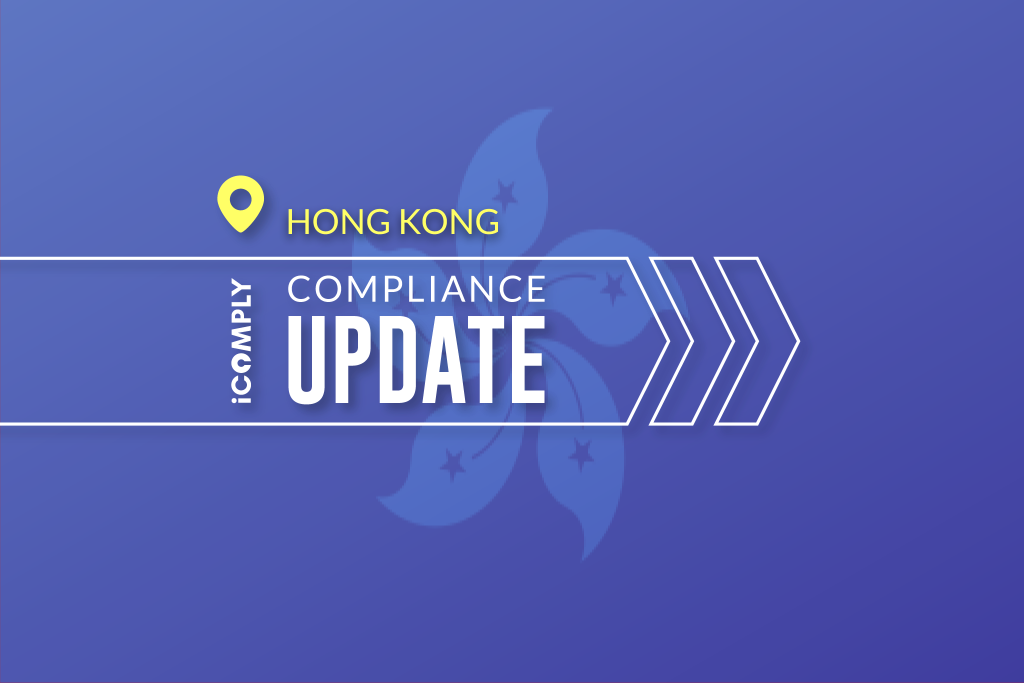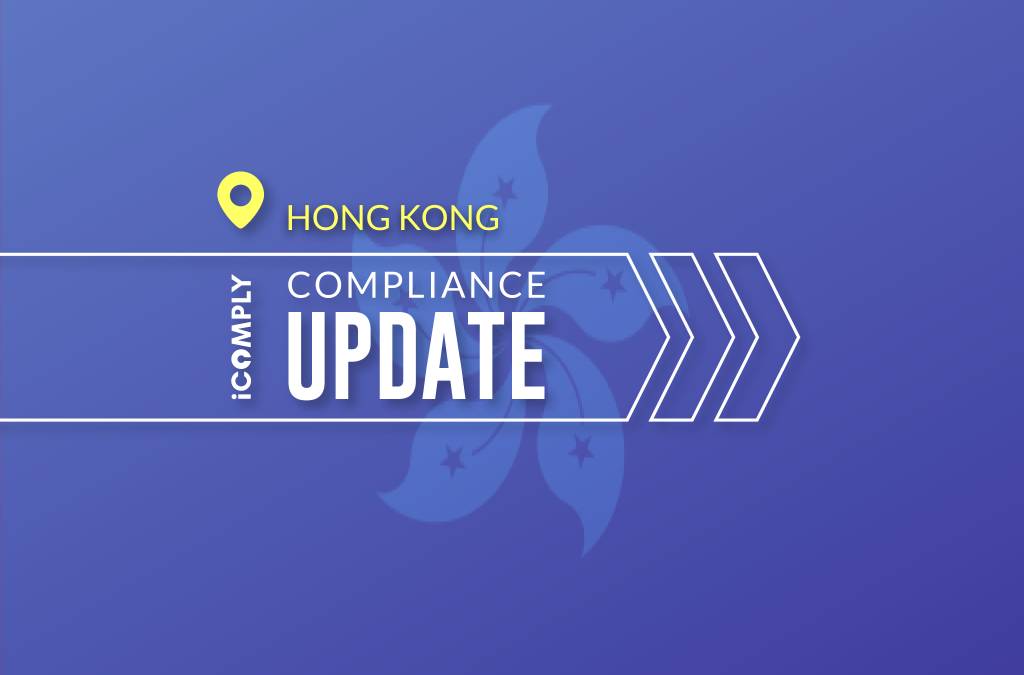SFC Reprimands and Fines Southwest Securities in Hong Kong for AML Breach

HK’s Securities and Futures Commission reprimands and fines Southwest Securities Brokerage Ltd US$5 million for breaches of anti-money laundering regulatory requirements
What Happened?
May 18, 2020: The Securities and Futures Commission (SFC) has determined that Southwest Securities (HK) Brokerage Limited (SSBL) failed to comply with their anti-money laundering and counter-terrorist financing (AML/CFT) regulatory obligations in 2016.
Investigators at the SFC uncovered that, between January and December 2016, SSBL failed to identify 164 out of 184 third-party deposits totaling USD $110.1 million for its clients.
SSBL failed to demonstrate that they had the necessary systems, policies, and procedures in place to review the sources of funds deposited into the bank’s sub-accounts that SSBL was responsible for maintaining.
As a result, the SFC is ordering SSBL to pay a total of USD $5 million in fines.
Source: https://www.sfc.hk/edistributionWeb/gateway/EN/news-and-announcements/news/doc?refNo=20PR45
Who Is Impacted?
Individual and corporate clients of SSBL.
Any financial services provider offering brokerage or investment services that fail to implement proper AML/CTF internal procedures and reporting.
Why This Matters?
SSBL’s clients were put at risk precisely 164 times due to staff failure to verify the transactions (as outlined in the SFC’s 2016 review).
The SFC determined that SSBL’s staff did not have a clear, consistent understanding of their roles and responsibilities in both the monitoring and identification of suspicious transactions.
SSBL failed to diligently supervise and provide sufficient guidance to its staff in order to properly enable them to even recognize indicators of potential money laundering or terrorist financing activity or consider a plan of action to mitigate the risks.
Specifically, the SFC found that SSBL was guilty of:
- Inadequate and ineffective policies and procedures that increased the risk of money laundering and terrorist financing associated with SSBL’s handling of third-party deposits;
- Failure to establish proper internal systems and controls to monitor SSBL clients’ activities, as well as to detect and report any suspicious transactions identified to the Joint Financial Intelligence Unit (JFIU) in a timely manner.
What’s Next?
In making its decision against SSBL, the SFC took into consideration that:
- SSBL has since taken remedial steps to enhance its AML/CFT policies and procedures; and
- SSBL otherwise has a clean disciplinary record with the SFC.
While these factors will help SSBL to recover from the regulatory action filed against them, they’ll likely be under scrutiny from financial providers, regulators, and investors worldwide for some time to come.
learn more
Is your AML compliance too expensive, time-consuming, or ineffective?
iComply enables financial services providers to reduce costs, risk, and complexity and improve staff capacity, effectiveness, and customer experience.
Request a demo today.
How to Build an AML Program: A Step-by-Step Guide
Learn how to build an AML program with this step-by-step guide. Follow Mark, a UK fintech cofounder, as he creates a compliant AML framework with streamlined policies, KYB/KYC automation, and team training using iComply’s platform. Save time, reduce costs, and ensure regulatory confidence.
Customer Identification Procedures: A Smarter Approach to CIP for Modern Businesses
Revolutionizing Customer Identification Procedures (CIP) in 2025
Discover how technology is transforming CIP, enabling businesses to achieve seamless customer experiences, enhance security, and ensure global regulatory compliance.
Navigating the Regulatory Landscape: How One Fintech Stays Ahead of the Curve
Discover how a crypto asset services provider stayed ahead of regulatory changes, including FATF Travel Rule compliance, by using iComply’s automated platform. Learn how they streamlined workflows, reduced compliance risks, and built trust with clients and regulators.




